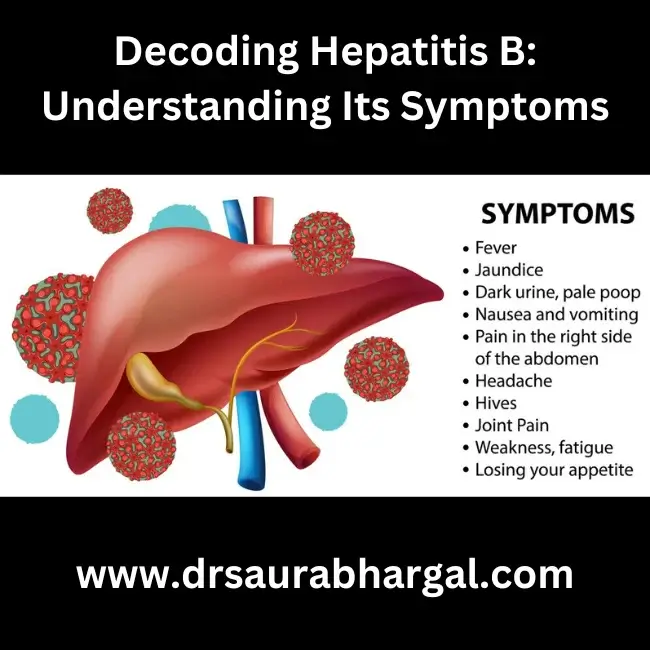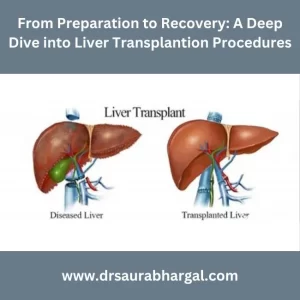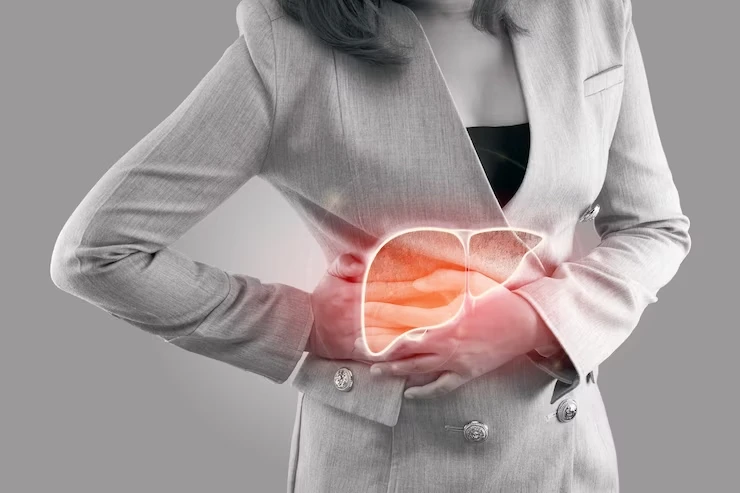Hepatitis B is a viral infection that affects the liver, causing inflammation and potentially leading to severe liver damage if left untreated. As one of the most common types of hepatitis worldwide, understanding its symptoms is crucial for early detection and effective management. we’ll delve into the intricacies of Hepatitis B, shedding light on its symptoms and why recognizing them early is essential for your health.For better health Consult best hepatologist in Indore
Table of Contents
ToggleWhat is Hepatitis B?
Hepatitis B is caused by the Hepatitis B virus (HBV) and can be transmitted through contact with infected blood, semen, or other bodily fluids. This can occur through various means, including sexual contact, sharing needles, or from mother to child during childbirth.
Symptoms of Hepatitis B:
Fatigue: Feeling unusually tired or exhausted even after adequate rest is a common symptom of Hepatitis B. This fatigue can significantly impact daily activities and quality of life.
Jaundice: One of the hallmark symptoms of Hepatitis B is jaundice, a condition where the skin and whites of the eyes turn yellowish. This occurs due to the buildup of bilirubin, a pigment produced by the liver.
Abdominal Pain: Hepatitis B can cause discomfort or pain in the upper abdomen, often on the right side where the liver is located. This pain may range from mild to severe and can be persistent.
Loss of Appetite: Many individuals with Hepatitis B experience a loss of appetite, which can lead to unintended weight loss and nutritional deficiencies if not addressed.
Nausea and Vomiting: Digestive symptoms such as nausea and vomiting are common in Hepatitis B patients, often accompanied by a general feeling of malaise.
Joint Pain: Some people with Hepatitis B may experience joint pain or discomfort, which can affect mobility and overall comfort.
Dark Urine: The urine of individuals with Hepatitis B may appear darker than usual, ranging from amber to brownish in color. This is due to the presence of bilirubin excreted by the kidneys.
Pale Stools: Stools may become lighter in color or clay-colored due to reduced bile production by the liver, another common symptom of Hepatitis B.
Why Early Detection Matters:
Early detection of Hepatitis B is crucial for several reasons. Firstly, it allows for prompt medical intervention and appropriate management to prevent further liver damage. Secondly, timely diagnosis enables healthcare providers to implement measures to prevent the spread of the virus to others, as Hepatitis B is highly contagious. Lastly, early treatment can improve outcomes and reduce the risk of complications such as liver cirrhosis or liver cancer.
Conclusion:
Hepatitis B is a serious viral infection that requires careful attention and timely intervention. By understanding its symptoms and seeking medical help promptly if you suspect you may be infected, you can take control of your health and reduce the risk of long-term complications. If you experience any of the symptoms mentioned above or have concerns about Hepatitis B, consult a best hepatologist in Indore for proper evaluation and guidance. Remember, early detection saves lives.








